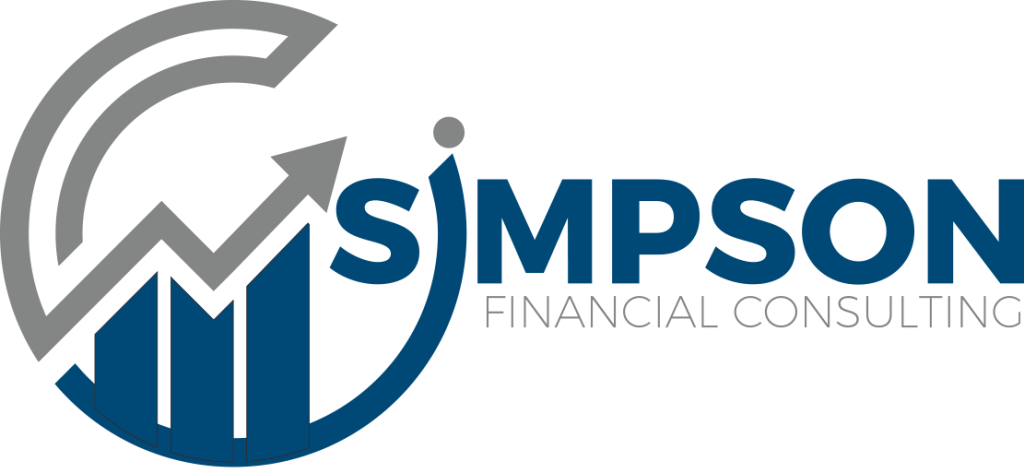
Securing a Small Business Administration (SBA) loan can be a game-changer for entrepreneurs looking to start or expand their businesses. At Simpson Financial, we understand the complexities of the SBA loan process and are here to guide you through each step. Proper preparation can significantly increase your chances of approval and help you secure the funding you need. Here’s how you can get started.
1. Understand the Different SBA Loan Options
The SBA offers various loan programs tailored to different business needs. Some of the most common include:
- 7(a) Loan Program – Ideal for general business expenses, working capital, or refinancing debt.
- 504 Loan Program – Designed for purchasing real estate, equipment, or other fixed assets.
- Microloans – Small loans (up to $50,000) for startups and small businesses.
Understanding which loan fits your needs will help streamline your application process.
2. Check Your Eligibility
Each SBA loan program has its own eligibility requirements, but general criteria include:
- Operating as a for-profit business within the U.S.
- Meeting the SBA’s definition of a small business
- Having a sound business plan and financial projections
- Demonstrating the ability to repay the loan
- No prior loan defaults or bankruptcies
3. Prepare a Solid Business Plan
Lenders want to see a well-structured business plan that outlines your company’s goals, market potential, revenue projections, and how you plan to use the loan funds. A strong business plan should include:
- Executive Summary
- Business Description and Market Analysis
- Organization and Management Structure
- Sales and Marketing Strategies
- Financial Projections
- Funding Request and Loan Repayment Plan
4. Organize Your Financial Documents
Financial documentation is crucial in the loan approval process. Make sure to have:
- Personal and business tax returns (typically for the last three years)
- Profit and loss statements
- Balance sheets
- Cash flow projections
- Bank statements
- Business licenses and registrations
5. Assess Your Credit Score
Your personal and business credit scores play a significant role in the approval process. Generally, an SBA loan requires a credit score of 680 or higher. If your score is lower, consider improving it before applying by reducing outstanding debt and making timely payments.
6. Gather Collateral (If Required)
Some SBA loans require collateral, such as real estate, equipment, or other business assets. While not all loans require it, having collateral can strengthen your application.
7. Work with a Financial Advisor
Navigating the SBA loan process can be overwhelming. At Simpson Financial, our experienced financial advisors can help you compile the necessary documents, assess your financial health, and optimize your application to improve your chances of approval.
Final Thoughts
Securing an SBA loan requires careful preparation, but with the right approach, you can increase your chances of success. If you’re ready to apply, reach out to Simpson Financial today for expert guidance and support throughout the process. Let’s take your business to the next level! Contact Us at (248) 821-1816
(248) 821-1816

